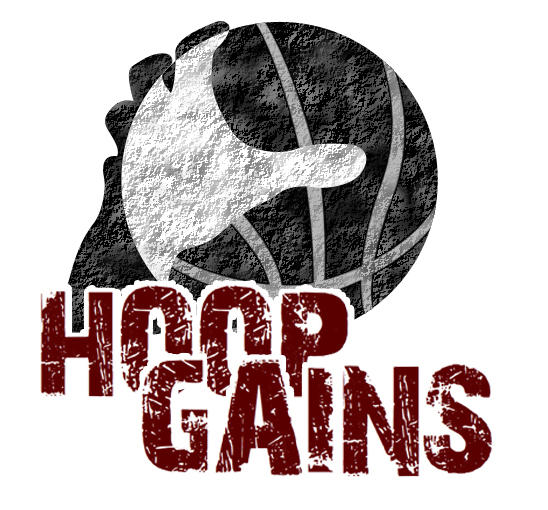Throughout my playing career, I struggled with confidence. I’ve written about this in previous posts that you can read here.
There are two factors that influence a player's level of confidence: preparation and self-talk. In my case, my preparation was very good, but my self-talk was highly critical.
These two factors worked against each other. As my hard work was boosting my confidence, my negative self-talk was simultaneously undermining it. As a result, I relentlessly drove myself to work harder and harder because I never felt like I was was good enough. But my confidence never improved because those two factors continued to offset each other.
Since I’m now a coach, I’ve turned my attention toward figuring out healthier ways to develop confidence in my players. How can I help them avoid the desperate treadmill that I sometimes felt like I was running on? How can I find a different motivator for hard work that doesn’t rely on negative self-talk for fuel?
Counterintuitively, I believe humility is the answer. Few people associate humility with confidence. In fact, for many people, humility is associated with timidity or self-deprecation.
I used to operate from the framework that humility and confidence are on two opposite ends of the spectrum. I thought that to be more humble, you had to be less confident. But as I’ve thought about it and read more about the topic of humility, I’ve changed my opinion. I believe you can be both humble and confident. In fact, I think humility can actually drive confidence.
The key to harnessing the power of humility is to redefine it. As Joshua Medcalf says, “it’s not thinking less of yourself, it’s thinking of yourself less.”
If you think less of yourself, it’s difficult to be confident. Being overly self-critical is the same trap that I fell into as a player—and one that still trips me up to this day. Yes, it drove hard work, but it undermined my self-belief.
A more useful form of humility isn’t downplaying your achievements, but instead, putting them in perspective. If you went for 30 last game, an overly critical player would fixate on the negatives. They’d tell themselves yeah but I missed a few free throws and should’ve had at least 40 if I made those open shots. Plus I turned the ball over on that one possession in the second half and threw a bad pass on that pick and roll…
Yes, it’s important to analyze the areas where you can improve, but focusing solely on your errors is an unhelpful form of humility. It’s thinking less of yourself.
An athlete with a healthy form of humility says, yes I played well but it was only one game, one moment in time. I shot the ball well today but there’s room for improvement in my ball security and pick and roll game.
An athlete with a healthy form of humility knows that they aren’t entitled to future success, simply because of a past performance. They know that every success or failure is simply a moment in time.
J.J. watt is quoted as saying “success isn’t owned. it’s leased and rent is do every day.” That’s a form of humility in understanding the relative unimportance of past successes. Nothing in the past will guarantee future success. That’s why he’s driven to continue to work hard.
An athlete with a healthy form of humility knows they’re never as good or as bad as they think they are in the moment. They have the ability to think rationally and maintain a greater perspective during the day-to-day emotional swings of competition and performance.
Players with a healthy form of humility are both their harshest critic and their biggest fan. They acknowledge when they’ve done something well and hold themselves accountable when they mess up.
The goal, as Adam Krikorian put it in a recent episode of the Finding Mastery Podcast, is to be "humble enough to prepare, confident enough to perform.”
Healthy humility is a fine line to walk and there will be stumbles along the journey. But a constant desire to non-judgmentally observe the reality of what is actually happening will keep you on the path toward developing sustainable confidence.

